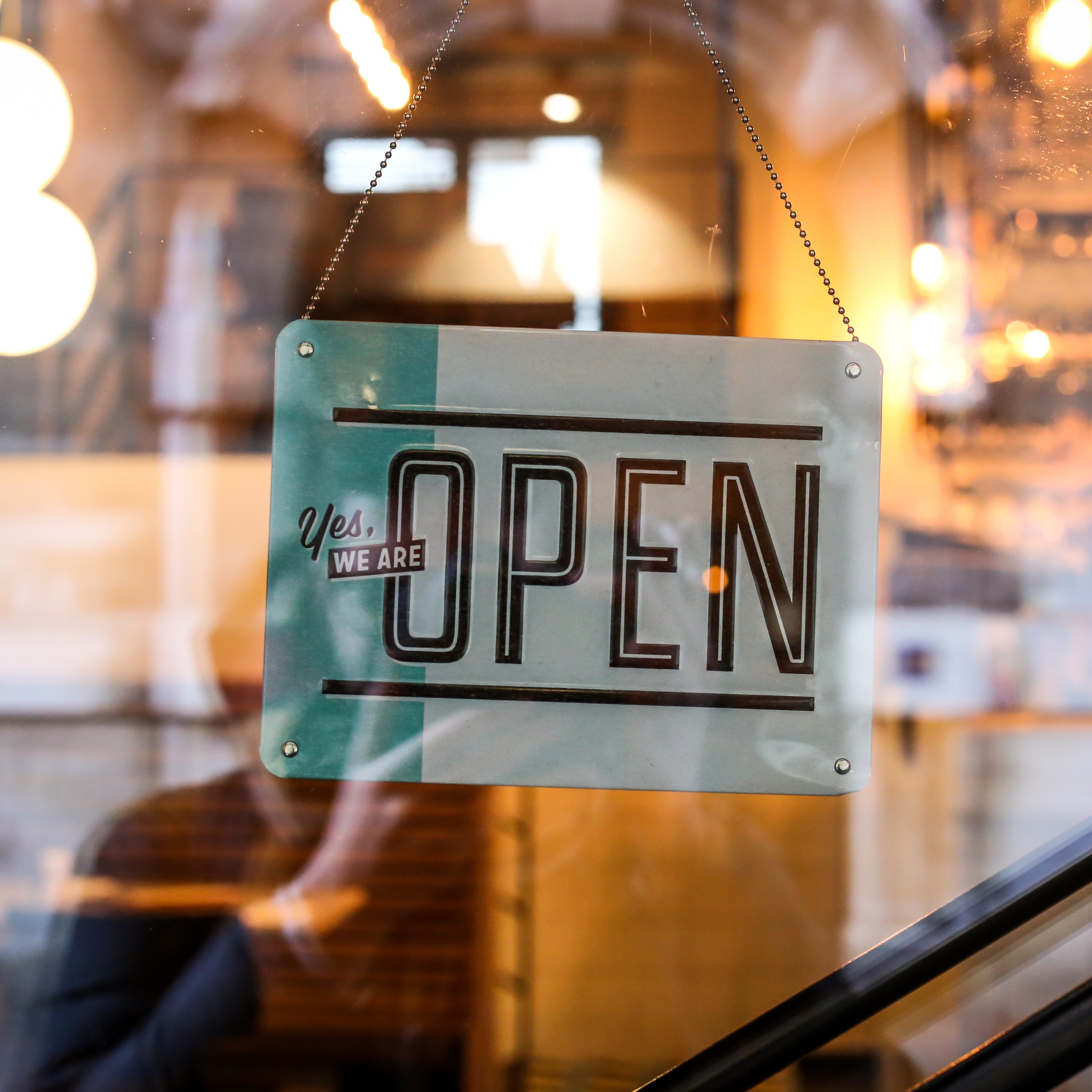Information on Cookies
To make the best use of our website, you'll need to make sure your web browser is set to accept cookies to ensure you receive the best experience.
For further information, please read our Cookies Policy.

Log In
On 23 June 2020, the Prime Minister announced further easements of the coronavirus (COVID-19) restrictions which included changes to social distancing requirements and re-opening of all businesses and venues from 4 July, except for the list below, which remain closed in law (until further notice):
- Nightclubs
- Casinos
- Bowling alleys and Indoor skating rinks
- Indoor play areas including soft-play
- Spas
- Nail bars, beauty salons and tanning salons
- Massage, tattoo and piercing parlours
- Indoor fitness and dance studios, and indoor gyms and sports venues/facilities
- Swimming pools including water parks
Exhibition or conference centres must remain closed for events such as exhibitions or conferences, other than for those who work for the business or organisation who run the venue.
Cafes, restaurants and shops that are self-contained and can be accessed from the outside, will still be permitted to open.
The Government continues to phase reopening and hopes to reopen other close-contact businesses as soon as possible.
All other businesses and venues can reopen from 4 July. Examples are shown below including links to guidance to ensure their safe-reopening.
|
Business or venue |
Guidance for re-opening safely |
|
Food and drink |
|
|
All indoor and outdoor hospitality that are self-contained and can be accessed from the outside. This includes, restaurants, cafes, bars, pubs and workplace canteens. |
People should only visit a restaurant in their household groups (or support bubbles), or with one other household, or with up to five other people outdoors. |
|
Accommodation |
|
|
Hotels, hostels, bed and breakfast accommodation, holiday apartments or homes, cottages or bungalows, campsites, caravan parks or boarding houses
|
The government strongly advises that shared sleeping spaces (i.e. dormitory rooms) should not open to any groups, except those travelling within the current government guidance on social mixing outside of household groups. |
|
Non-residential institutions |
|
|
Places of worship |
Further guidance coming soon |
|
Community centres
|
The government strongly advises against community centres opening for indoor fitness and sport activity. |
|
Libraries |
|
|
Personal care |
|
|
Hair salons and barbers, including mobile businesses
|
These businesses must not provide services which remain prohibited in regulations including nail, beauty and tanning services. |
|
Recreation and leisure |
|
|
Cinemas, theatres and concert halls
|
Further guidance coming soon |
|
Funfairs, theme parks, adventure parks and activities |
|
|
Outdoor gyms and playgrounds |
|
|
Museums and galleries |
|
|
Bingo halls |
|
|
Outdoor skating rinks |
|
|
Amusement arcades and other entertainment centres
|
Close contact activity such as visiting an entertainment centre should only be conducted within a household group/bubble or with one other household/bubble. |
|
Model villages |
|
|
Social clubs |
|
|
Indoor attractions at aquariums, zoos, safari parks, farms, wildlife centres and any place where animals are exhibited to the public as an attraction |
|
|
Indoor and outdoor areas of visitor attractions including, gardens, heritage sites, film studios and landmarks |
|
Track and trace
The opening up of the economy following the COVID-19 outbreak is being supported by NHS Test and Trace. The Government is asking that businesses assist this service by keeping a temporary record of customers and visitors for 21 days, in a way that is manageable for your business, and assist NHS Test and Trace with requests for that data if needed. This could help contain clusters or outbreaks. Many businesses that take bookings already have systems for recording their customers and visitors – including restaurants, hotels, and hair salons. If you do not already do this, you should do so to help fight the virus. The Government has committed to working with industry and relevant bodies to design this system in line with data protection legislation, and set out details shortly.

